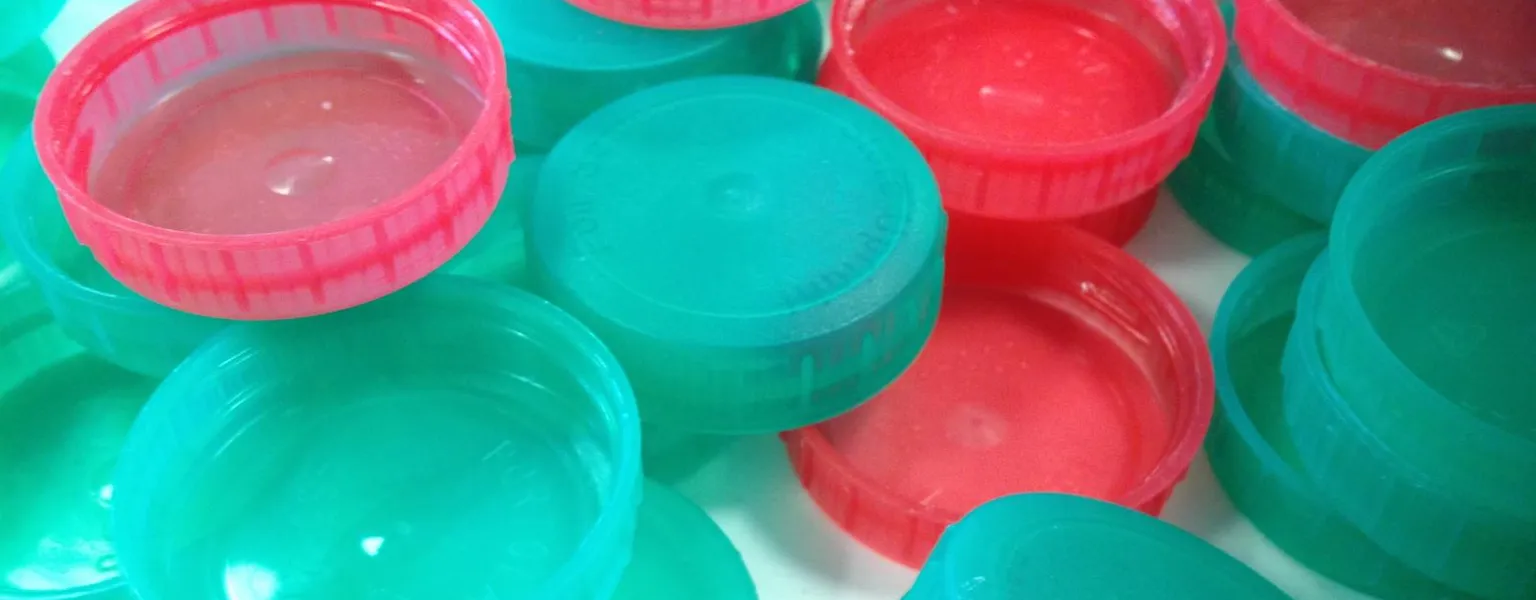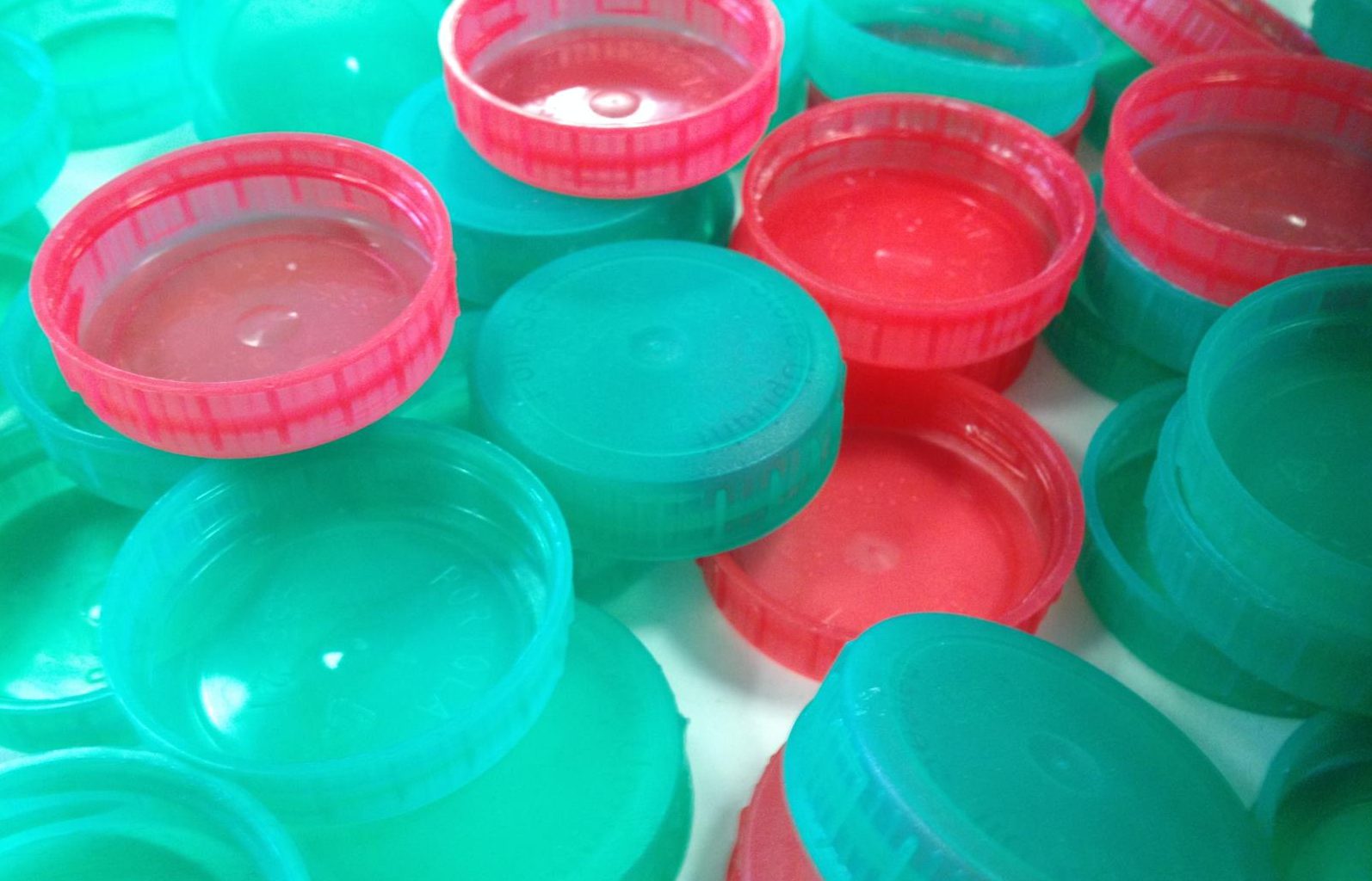Asda to replace coloured milk bottle tops in recycling effort

Sustainability
In a significant move towards enhancing its sustainability efforts, Asda has recently revealed its decision to replace coloured caps with transparent ones on all its own-label fresh milk products, including skimmed, semi-skimmed, whole, organic, and filtered milk.
This strategic change will facilitate the recycling of approximately 268 tonnes of High-Density Polythene (rHDPE) annually, enabling the creation of new milk bottles. It forms a crucial part of Asda's comprehensive plan to increase the recyclability of its food packaging. Consequently, a staggering 207 million plastic milk caps will now be recycled each year through this initiative.
The shift to natural-coloured caps ensures their ease of recycling for food-grade packaging purposes. Unlike green, blue, and red caps, the clear bottle caps, comprising 30% recycled material, can be effectively recycled and repurposed for food packaging applications.
Asda has partnered with Arla, the largest dairy cooperative in the UK, to implement this change across its stores starting in June. Yeo Valley fresh milk will also be subject to this modification. Customers will be able to distinguish between different milk varieties through the coloured labelling on all milk bottles.

With this innovative step, Asda is further solidifying its commitment to environmental responsibility by actively reducing plastic waste and promoting sustainable practices in the retail industry.
Jayne Paramor, Strategic Technical Manager – Plastics, WRAP, said: We applaud Asda on their decision to join the growing group of UK retailers who are removing pigments from their milk bottle caps. Clear, colourless plastics have much higher demand as recycled material, so removing pigments will help to produce valuable recycled plastics and build end markets for these reprocessed materials, ensuring that they find a second life as new products, including new milk bottles and lids. This small but impactful change is helping to make the UK's milk bottles – which are already widely recycled into new milk bottles and a fantastic example of the circular economy for plastics in action – even more recyclable. An exemplary step in developing a circular economy for plastics.
Related News
-
Business
Two billion non-essential plastic pieces successfully removed by Tesco
-
Sustainability
Tesco unveils fish packaging containing recycled coastal plastic
-
Sustainability
Sainsbury’s to remove more single-use plastic lids from own-brand pots
-
Sustainability
Sainsbury's switches to vacuum-sealed packaging for beef mince to cut plastic waste
-
Sustainability
Waitrose trials removal of wine bottle neck sleeves in sustainability effort




